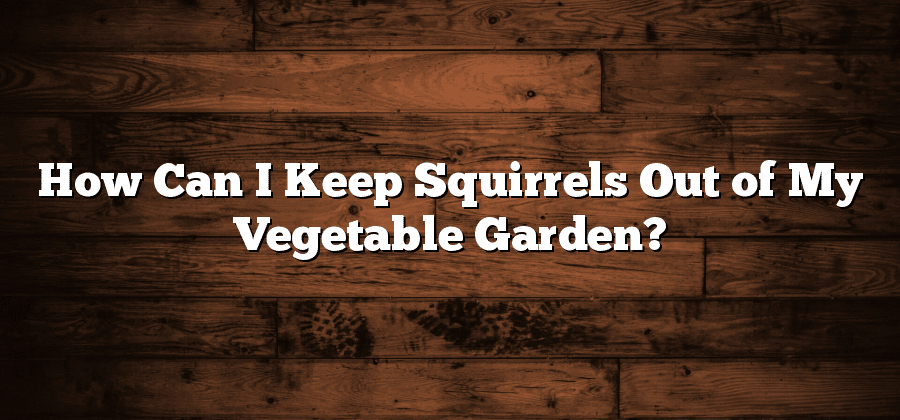Understanding Squirrel Behavior in Gardens
Squirrels can be a common sight in gardens, whether in urban or rural areas. Understanding their behavior can help gardeners better coexist with these furry critters. One key behavior to consider is their need to collect and store food. Squirrels have a natural instinct to gather nuts, seeds, and other food items to prepare for winter when food sources are scarce. This behavior often leads them to explore gardens in search of edible treasures. Observing their movement patterns and food preferences can help gardeners identify areas that are most attractive to squirrels.
Another important behavior to note is that squirrels are agile climbers and adept jumpers. They are known for effortlessly scaling trees and leaping from branch to branch. This behavior enables them to access bird feeders, fruit-bearing trees, and even reach to certain heights in fences or walls. Understanding the impressive climbing abilities of squirrels can aid in the implementation of successful physical barriers to keep them out of specific areas of the garden. By considering these behaviors, gardeners can develop effective strategies to protect their plants and create a harmonious environment for both humans and squirrels.
Identifying Common Squirrel Attractants
One of the first steps in effectively managing squirrels in your garden is to identify the common attractants that draw them in. Squirrels are primarily attracted to food sources, so it’s important to minimize any potential food items that may entice them. In particular, nuts, seeds, and fruits are highly appealing to squirrels, so it’s essential to clean up fallen fruits and nuts regularly.
Additionally, bird feeders are a known attractant for squirrels. While you may enjoy watching birds flock to your feeders, squirrels are often quick to take advantage of the easy food source. Consider investing in squirrel-proof bird feeders or placing baffles on the feeder poles to deter squirrels from reaching the birdfeed. Removing or relocating bird feeders may also be necessary in extreme cases where squirrels persistently raid the feeders despite preventative measures.
Implementing Effective Physical Barriers
One of the most effective ways to keep squirrels out of your garden is by implementing physical barriers. These barriers are designed to create a physical obstacle that prevents squirrels from accessing your plants and causing damage. There are several types of physical barriers that you can use, depending on the size of your garden and the specific areas you want to protect.
One option is to install a fence around your garden. This can be made of various materials such as metal, wire mesh, or even wooden boards. The key is to make sure the fence is tall enough, at least 3 feet high, to prevent squirrels from jumping or climbing over it. Additionally, it’s important to bury the bottom of the fence at least 6 inches in the ground to prevent squirrels from digging underneath. Another option is to use netting or wire mesh to cover specific plants or areas of your garden. This can be particularly effective for protecting trees, shrubs, or vegetable patches from squirrel damage.
• Installing a fence around the garden, at least 3 feet high
• Burying the bottom of the fence at least 6 inches in the ground
• Using netting or wire mesh to cover specific plants or areas
Utilizing Natural Repellents and Deterrents
Squirrels can be persistent pests when it comes to invading gardens and wreaking havoc on plants and crops. While there are physical barriers that can be implemented to keep them out, natural repellents and deterrents can also serve as effective tools in managing squirrel behavior.
One natural repellent that can be utilized is cayenne pepper. The spicy nature of cayenne pepper is often enough to deter squirrels from venturing into gardens. Simply sprinkle a generous amount of cayenne pepper around the perimeter of the garden or on the plants themselves to create a barrier that squirrels are reluctant to cross. Another natural deterrent is the use of predator scent. Squirrels have a strong sense of smell and are wary of potential predators. By strategically placing predator urine or scent-soaked cotton balls in and around the garden, it can create an environment that is less attractive for squirrels.
Creating a Distraction Garden for Squirrels
Squirrels are notorious for their love of digging up flower bulbs, munching on vegetable gardens, and raiding bird feeders. If you find yourself constantly battling these furry little creatures in your garden, creating a distraction garden for squirrels may provide an effective solution. By enticing squirrels with their own designated area, you can protect your prized plants and reduce the damage caused by their foraging habits.
To start, choose a small portion of your yard where squirrels are less likely to cause harm to sensitive plants or structures. This area can be transformed into a squirrel-friendly zone by adding items that squirrels find appealing. Planting a variety of squirrel-friendly plants such as sunflowers, corn, and fruit trees can entice them away from your main garden. Additionally, consider placing some squirrel-specific feeders filled with nuts, seeds, and corn kernels to provide an enticing food source. By diverting their attention and appetites to this designated area, you can create a win-win situation for both the squirrels and your garden.






